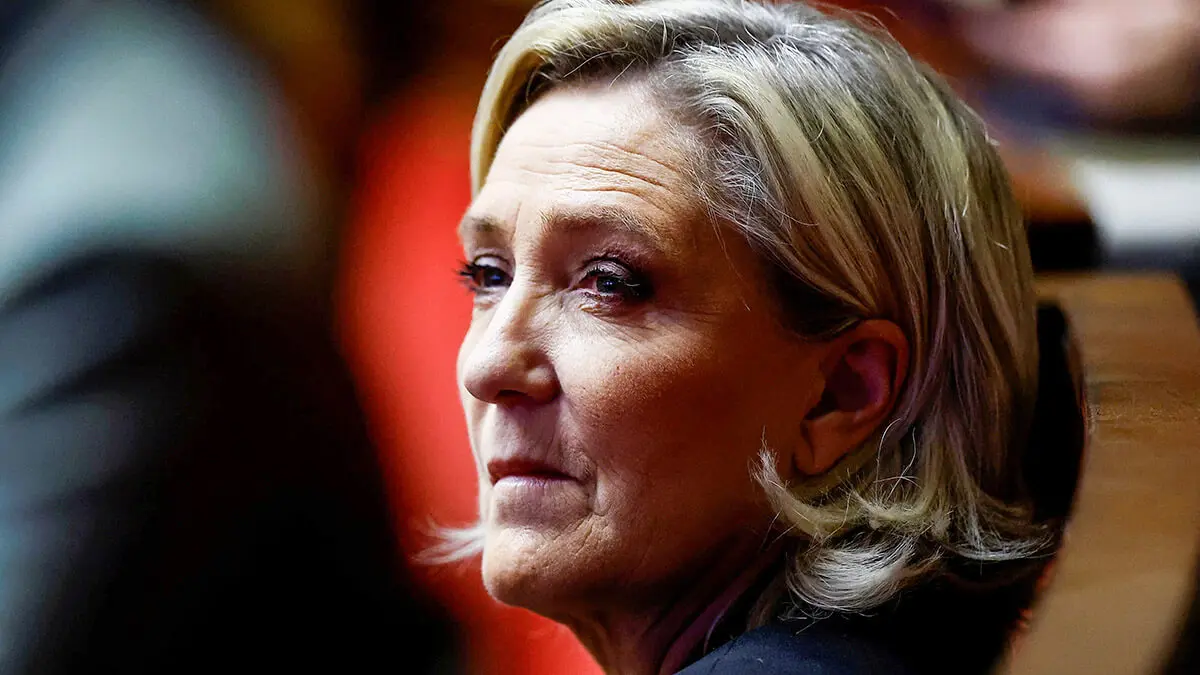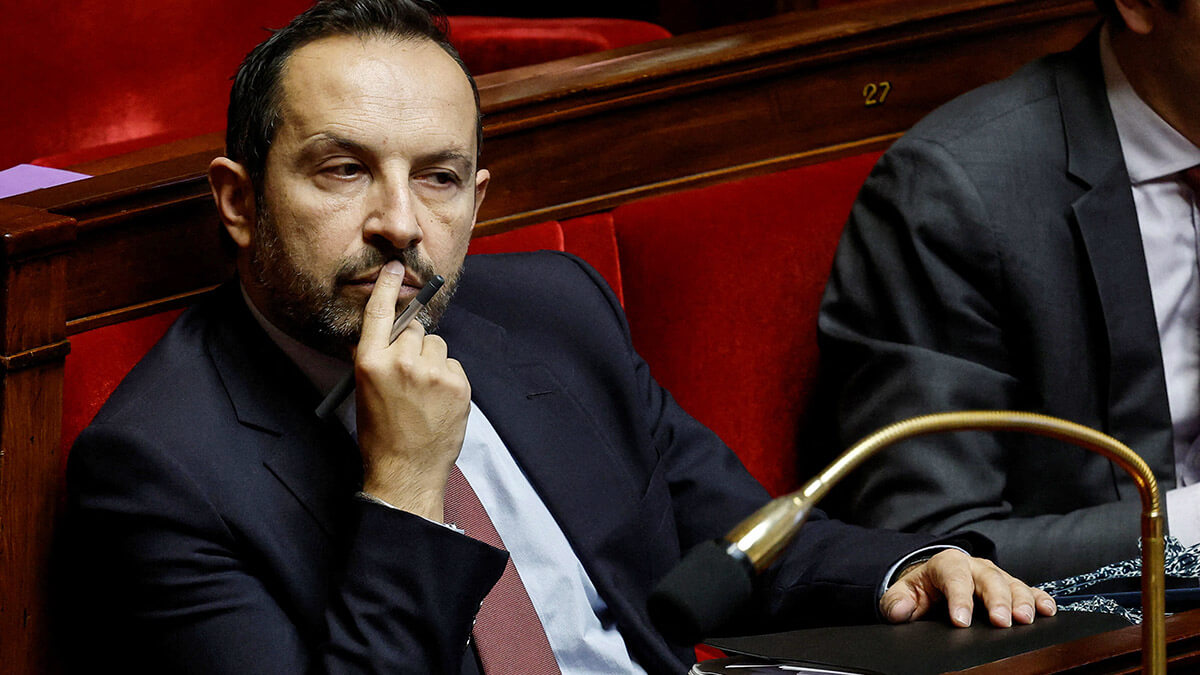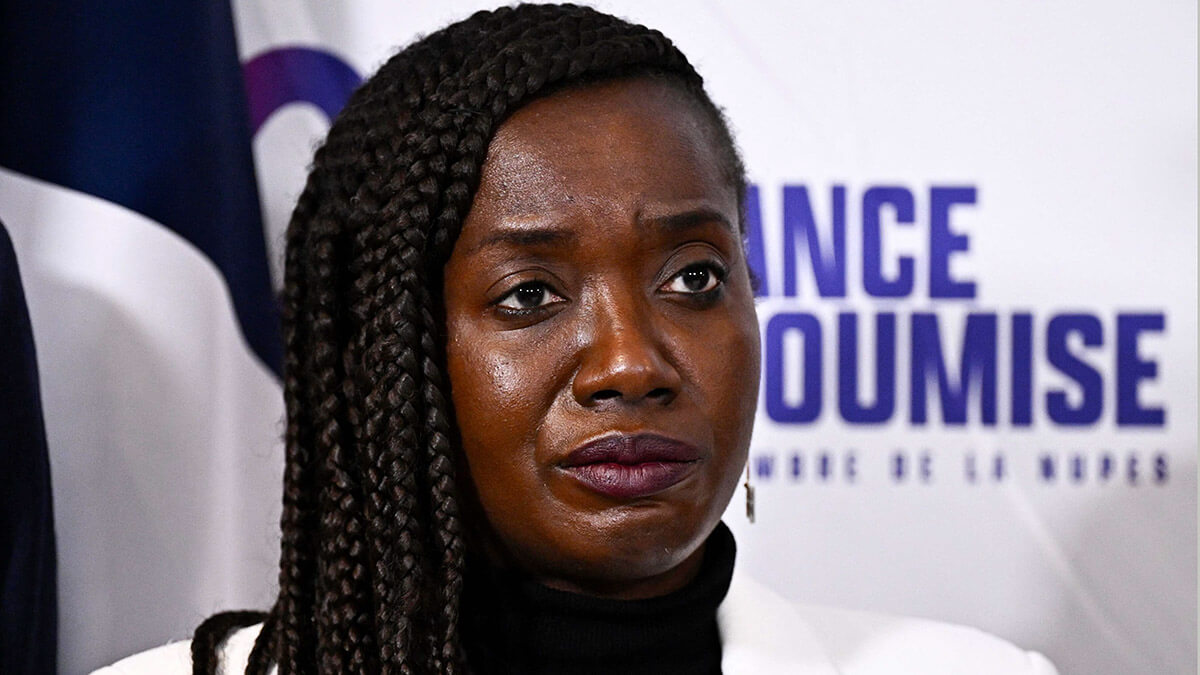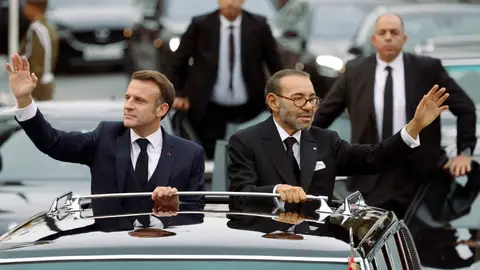The National Rally party of Marine Le Pen takes over the presidency of the Franco-Moroccan friendship committee

The National Rally has been elected to chair the Franco-Moroccan parliamentary friendship committee after an intense political battle. Support from President Emmanuel Macron's party for Sébastien Chenu has been key. Chenu is known for his enthusiasm for strengthening ties with Morocco, despite his party's stance on the immigration issue.
Thanks to the support of other political parties, led by Macron's Renaissance party, Sébastien Chenu, a member of parliament for the National Rally party and former vice-president of the French National Assembly, took over as president of the Franco-Moroccan parliamentary friendship committee, which aims to strengthen ties with Rabat, following Macron's own visit to Rabat last year, which served to re-establish good relations between the two countries.

Until now, no member of a party on the National Rally's political spectrum had led the Franco-Moroccan friendship group since its creation more than half a century ago. The news has come as a surprise, considering that the French National Rally adopts firm policies on immigration, considering that the proliferation of immigrants negatively affects French national identity and, consequently, demands a drastic reduction in their numbers. In addition, the party is in favour of stricter border controls and advocates a strengthening of security policy to prevent illegal migration.
Chenu was appointed to the post through political agreements between the French coalition Together for the Republic, made up of parties close to Macron and the French right, causing outrage among the left-wing alliance, New Popular Front, which was trying to control the committee through the social ecosystem.
According to Agence France-Presse (AFP), this agreement took place in the context of the redistribution of the presidency of the parliamentary friendship groups. In this context, Macron's alliance obtained the presidency of the friendship groups with the United States, Lebanon and Senegal, in exchange for supporting Chenu's candidacy for the presidency of the Franco-Moroccan committee.
The strategy of the National Rally
For his part, Khalid Chiat, professor of international relations at the University of Cadi Ayyad Marrakech, mentioned that it is not possible to determine the reason behind the persistence of this right-wing party in assuming the presidency of this committee, aligned with the interests of Morocco and France. In this sense, it is speculated that it could be a political strategy that the party seeks to lead within the French parliament, within the framework of internal political balances, and it could even be an instrument of pressure on Algeria, which lately has been moving further and further away from the right and closer to the left.
Professor Chiat also explained that Morocco is in the process of defining an internal legal system of interest to the French Parliament within the framework of political agreements and in accordance with the changes that occur within this internal political system, emphasising that Morocco is prepared to face this component.
The only problem that could hinder progress in Moroccan-French relations, due to the political aspect, is the issue of migration. According to Chiat, this could intensify, especially with the existence of extreme policies against irregular immigrants entering France with Moroccan nationality. Apart from that, there would be no objection to the presidency of this commission being in the hands of the right.

Le Pen's position
For her part, the leader of the National Rally party, Marine Le Pen, took advantage of the rapprochement between Morocco and France to hasten to endorse the content of President Macron's letter to King Mohammed VI, in which he stressed that ‘the Moroccan proposal for autonomy is the only solution to the dispute over the Sahara’ and that ‘the Sahara is an integral part of Moroccan sovereignty’.
Le Pen added that supporting Moroccan initiatives in the region is a fundamental step towards promoting security and development, and also wrote in a tweet on the X platform that ‘France should have long ago recognised the role played by Morocco in the stabilisation of the Sahara’.
The National Rally considers Morocco to be a strategic ally in cooperation on migration and security, especially considering the strong relations between the Moroccan community in France and their country of origin.
Agreements pending
Nadège Abomangoli, vice-president of the National Assembly in charge of friendship groups and of the left-wing party France Insoumise, emphasised that the agreements on the chairmanship of the special groups of 19 countries are still pending, and that the victory of the National Rally over the friendship group with Morocco was thanks to the votes of the ‘Macronists’.
Similarly, the political movement between the parties in the French Parliament in the Morocco friendship committee demonstrated its importance, as part of the French right's efforts to influence relations between Rabat and Paris. This was confirmed by the National Rally party, which underlined the expected common interests between the two countries. In this way, the party will also chair the friendship committees with the United Kingdom, Italy and Turkey.
In general, it is important to emphasise the relevance of friendship groups in parliamentary diplomacy, as they allow for the development of political and economic ties. In this context, Marine Le Pen's party is expected to use this growing influence to reinforce its image as a party with internal and external weight.










